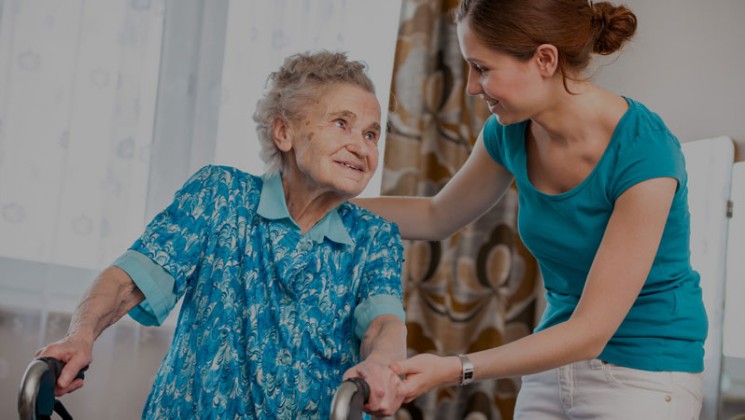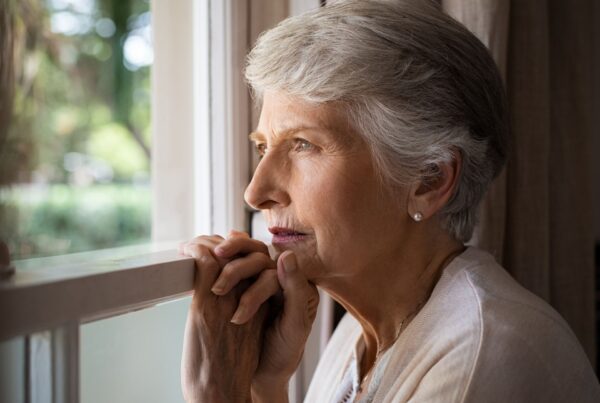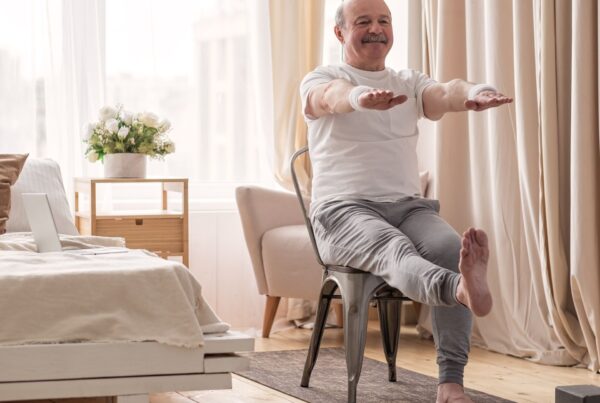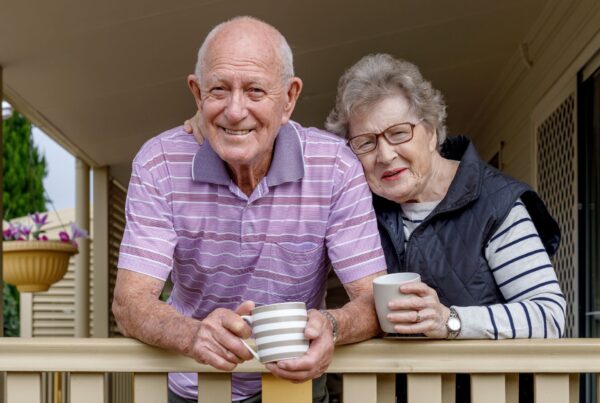There are many misconceptions concerning the duties that in-home caregivers perform. Senior care can encompass more skills than most people realize, and duties may vary from day-to-day and the tasks may be large or small. Everything depends on the wishes and needs of the person who needs care. However, some basic requirements remain constant.
To clearly illustrate some of the most important caregiver duties, we’re providing a list of 10 common caregiver responsibilities.
List of Caregiver Duties & Responsibilities
1. Monitor medical needs
Many of a caregiver’s responsibilities require observation skills. Caregivers can notice and report any changes in the patient’s walking, speaking, eating, or mood. A caregiver for a medically compromised senior may be asked to assess pain levels, make medical appointments, and remind them to take medications. Since a caregiver is often with the senior for long periods of time, they often partner with medical doctors or other health professionals to provide care.
Daily medication is often part of a senior’s health regimen. However, knowing which medications to take and when to take them can be confusing. Labels can also be confusing and difficult to read. A caregiver can ensure they are getting the correct medications at the correct time.
2. Perform personal care duties
It’s common for seniors to have trouble with the activities of daily living (ADL). As their bodies age, they may have trouble walking and need help using the bathroom. Since slipping and falling are a constant danger for seniors, it is important to have a caregiver present to wipe up spills and remove any obstacles in the senior’s path. They may also need help with bathing and grooming. Forgetfulness is sometimes an issue and can cause safety concerns. Many seniors who experience these types of issues can often remain in their homes when they have the help of a qualified caregiver.
An additional safety concern that is often overlooked is the interaction with strangers. Seniors may not know how to respond when a stranger comes to their door or a stranger calls. Seniors are the primary targets of scammers. A qualified caregiver can monitor stranger contact to protect your loved one.
3. Helping with general health needs
A caregiver providing in-home care for seniors has some limitations in their duties. They don’t provide the same type of care that a medical health professional does. If an issue arises, the caregiver’s duty is to consult with a family member and follow their advice and recommendations. If Advanced Care is providing the in-home care service, in the event of a non-emergency situation, the caregiver would alert our team of registered nurses to arrange an assessment to determine if changes in the plan of care were needed, or if medical intervention was prudent.
4. Assist with memory care
Seniors living with the beginning stages of Alzheimer’s disease or dementia may become forgetful and confused causing them to become agitated. A calm and competent adult can do much to ameliorate fear, insecurity, and apprehension. A regular caregiver helps provide stability and companionship. Just having someone there gives family members peace of mind knowing their loved one is taken care of.
5. Offering companionship
It’s common for seniors to feel lonely and depressed. Even when they receive regular visits, being alone in their homes can decrease their quality of life. Many seniors spend a lot of time alone, and a caregiver provides friendship and companionship.
6. Help with light housekeeping duties
Caregivers aren’t expected to do major cleaning. However, they often help with light housekeeping such as washing dishes, taking out the garbage, removing clutter, or vacuuming.
7. Meal preparation
Some seniors with progressive health conditions don’t get the proper nutrition, whether it’s due to issues acquiring groceries, not having the energy to prepare meals, forgetfulness, or what have you. A caregiver ensures proper nutrition by grocery shopping, and through the regular preparation of appropriate meals. In addition, the kitchen poses several safety risks for seniors. There are the risks of fire, getting cut with a knife, falling, and more.
8. Assistance with mobility
The risk of falling is a common concern for the senior population. A caregiver for seniors often assists with walking and balance. Caregivers may also be asked to transfer them from their bed or move them from one room to another.
9. Providing transportation
Many seniors have to discontinue driving and that limits their ability to go to appointments, run errands, attend church & social functions, and visit friends or family. Caregiver responsibilities often extend to providing transportation and assisting with wheelchairs.
10. Family support
While caregivers provide care and support to senior adults, they also provide support to family members. A caregiver makes it possible for seniors to live as independently as possible thereby eliminating burdens on the senior’s family members.
In-home caregivers make a palpable difference in the lives of the people they care for. They arrive with a smile on their faces and they’re ready to fulfill their duties. A caregiver’s professionalism and compassionate care assures seniors and their family members that someone is there to provide the right kind of help at the right time.
Advanced Care provides senior care by carefully matching each caregiver with a senior, ensuring that the two click, and monitoring the relationship. Our registered nurses develop a plan of care and work with the caregiver to ensure it is properly executed. Our nurses also perform frequent assessments to ensure that the plan of care is frequently updated, and to ensure that the senior’s condition is stable. In this way we provide the in-home care tailored to each individual, to ensure they get the best senior care possible with every visit. Call us today at 262-236-9194 to schedule your free assessment.






